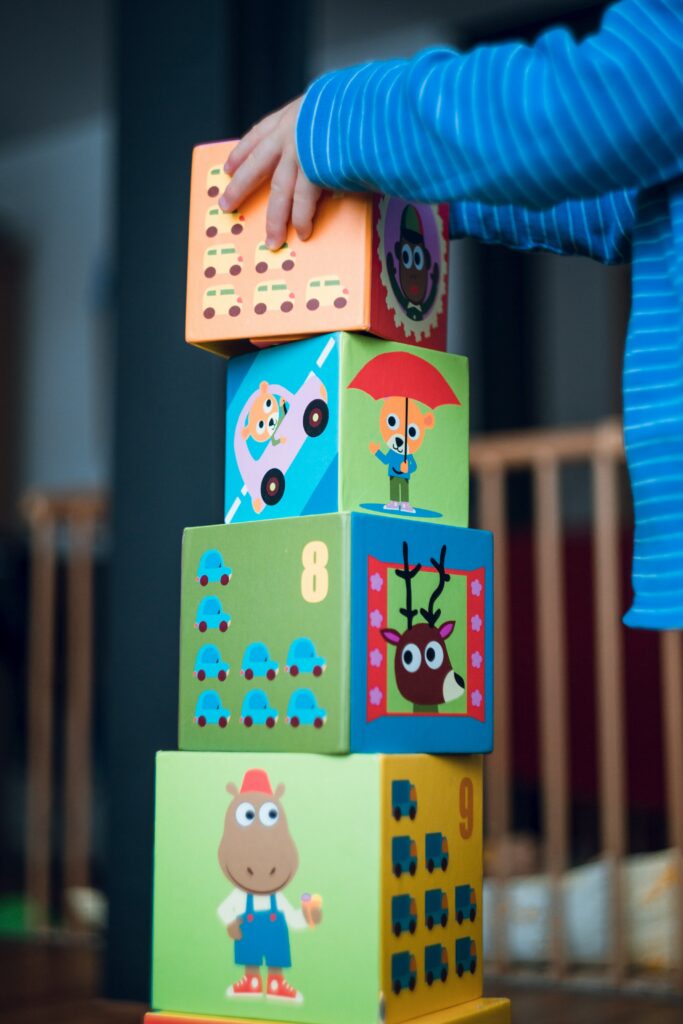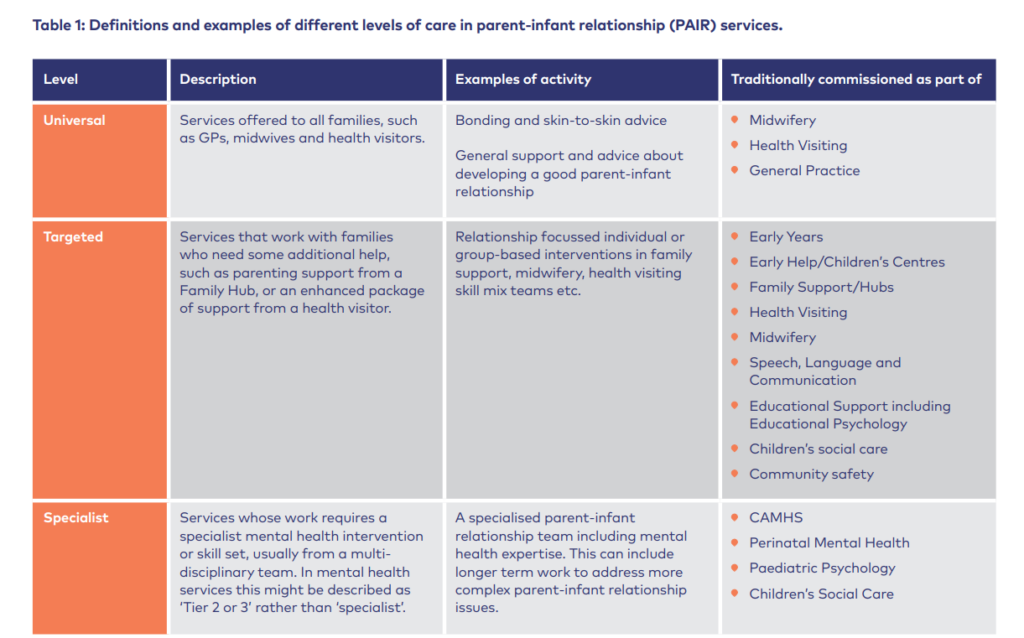Introduce
The Foundations
Did you know that a child’s ability to manage their emotions and build relationships is largely shaped in the first five years of life? It is never too early to think about emotional wellbeing as the early years are a crucial time to nurture strong social and emotional capabilities in children. A well-supported childhood is likely to lead to many positive later outcomes for both children and their families. The first five years lay down the foundations of skills, knowledge and confidence that help children gain the necessary social skills and coping mechanisms to manage challenges that arise, build resilience and reach out for support when they need it.

“The period from conception to five is essential in securing the healthy development of children into adulthood. Unfortunately, these years are often not given the importance they should be, and many people are unaware of what signs they should be looking out for. Parents, carers and society as a whole have a critical role to play. This includes securing positive relationships and a nurturing environment that supports the building blocks of a child’s social, emotional and cognitive development.”
– Dr Trudi Seneviratne
Develop
Defining Social & Emotional Development & Wellbeing (SEDW)
Social-emotional development encompasses how children learn to express their feelings, develop relationships, and practise social skills. Different services and settings can use different language to define and describe social and emotional development and wellbeing (SEDW) in babies and children. Essentially, social and emotional development allows a child to become mentally healthy.
The image below breaks this down further to explain how social and emotional development and wellbeing are key components of mental health in early childhood.

Image source: Understanding and supporting mental health in infancy and early childhood
A complex range of factors influence SEDW in babies and children. These include the quality of experiences in the womb, relationship with their caregivers, poverty and nutrition. Knowledge of these factors may help identify how best to support families and offer different levels of care. Different services and public policies, alongside families and communities, play a role in supporting social and emotional development and promoting wellbeing in early childhood. You’ll find some examples in the table below:

Image source: Parent-Infant Relationships (PAIR) Services Commissioning Toolkit, 2023
Reflect
Stop and Reflect: Spend some time researching how your local area is responding to the social, emotional and mental health needs in the Early Years.
Identify key services working to support infant and early childhood SEWD. What are they offering to children aged between 0 -5 years old and their families?
Which approaches do you feel are most effective and why?
Find out more about some of the assessment tools that are being used to support children’s social and emotional development and well-being. These may include the ASQ-SE https://search.app/iXYKxAJsyqVoY9bP8 and in some areas the Leuven Well-being and Involvement Scales.
Optional
The video below explores the important role adults have when it comes to social and emotional development, mental health and wellbeing. Wright highlights how the first 5 years are essential for healthy brain development and there are simple, effective strategies which impact lifelong learning, behaviour and wellbeing, to help all children thrive by the age of five.






